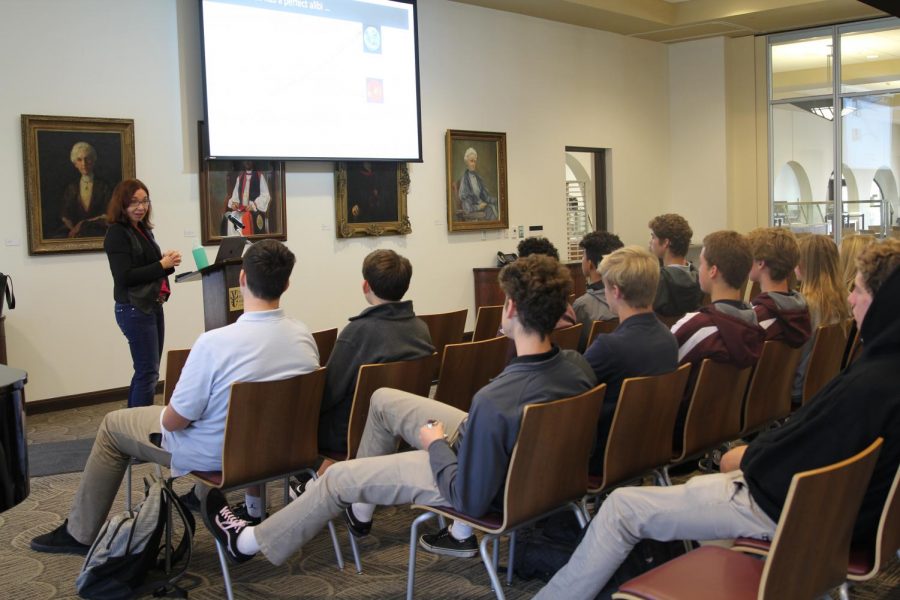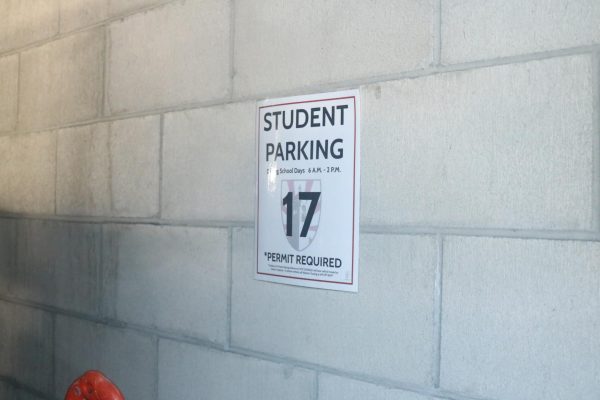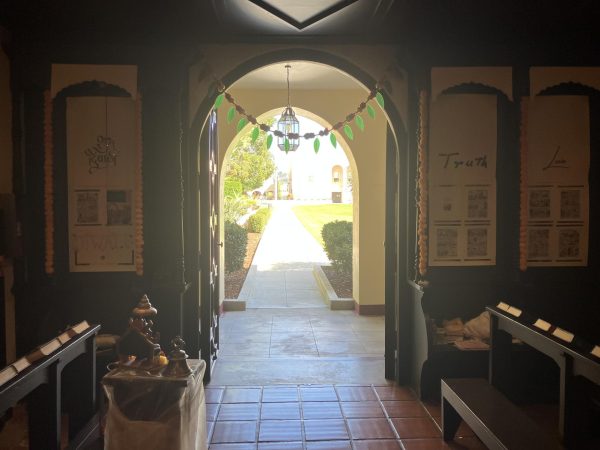5 Questions with Dr. Katherine Hayhoe
Photo courtesy of Ms. Cathy Morrison
“The most important thing is that to fix climate change, we need hope,” said Dr. Hayhoe.
Dr. Katherine Hayhoe is not only a climate scientist, but also a professor in the Department of Political Science, a director of the Climate Center, and an associate in numerous different programs that research and advances towards solutions surrounding climate change. Her research focuses on developing and applying high-resolution climate projections to evaluate the future impacts of climate change on human society and the natural environment. As an experienced speaker, Dr. Hayhoe frequently gives public talks on climate science, impacts, communication, and faith. Instead of finding clashes between her beliefs and her scientific passions, she focuses on their connection and embraces the impact religion has on her work.
1. How did you initially become interested in climate change? Did you know that you were going to become a climate scientist?
No, I thought I was going to be an astrophysicist. I was almost finished with my degree when I needed an extra class to graduate. So I looked around and saw this class over in the geography department on climate science, and I thought that it looked interesting, so why not take it? I did, and it completely changed my life.
2. How did you begin delivering speeches to people?
The first time that I gave a talk was because a women’s group heard that there was a climate scientist at the university, they were hearing a lot about climate change on the news and were curious about what was true. So they asked me if I would come speak to their group. That was it! And then, there was one woman at the women’s group who was a part of a book club, so a couple of weeks later, I got an invitation to speak at her book club. And there was a woman at the book club who worked at the senior citizen’s home. Then a month or two later I got an invitation to speak there. It still happens that way. It just kind of goes like that!
3. How would you describe the link between your faith and your scientific research?
The reason why I am a climate scientist is because of my faith. The climate science class changed my life because I found out that climate change is a threat multiplier. It takes health, food, national security, all of these issues, especially humanitarian crises like poverty, hunger, disease, and refugee crises, and makes them worse. I believe, as Christians, that we are to love and care for those who are less fortunate than us, and climate change is disproportionately affecting them more than us. That’s not fair. So the whole reason why I became a climate scientist is because of what I believe.
4. Are there still some unknowns about climate change’s future? If so, what are the most significant ones?
Yes, we know that there are a lot of things we still don’t know. And we also know that most of those things probably mean it’s worse and not better than we think. As far back as we can go in the entire history of the planet, we have never seen climate changing this fast. So we are conducting a truly unprecedented experiment with our planet. For example, around fifty-five to sixty million years ago, the climate was changing relatively quickly back then, for natural reasons. And it is estimated that about one gigaton of carbon was going from the ocean into the atmosphere per year, to make that change happen. Well, today, we are putting ten gigatons of carbon into the atmosphere every year. It is ten times more than we’ve ever seen happen, thus there are still some very big question marks. And none of them are good!
5. Can you summarize the biggest points from your talk?
The most important thing is that to fix climate change, we need hope. Climate change is not a hundred meter dash, it is a marathon…it is not just a marathon, it’s an ultra marathon! So, it’s going to take years and decades to fix this thing. If we give in to fear and despair, we are going to be paralyzed. We are just going to be a self-fulfilling prophecy if we think that we can’t fix it. Hope is the most important thing we need: but not just “wishing” for a solution. No, we need a hope that is realistic that says, “hey this is a very bad problem, it is getting a lot worse, but here is what we can actually do,” because what gives us hope is when we act.
I am writing a brand new book about this right now too. It’s about the two biggest questions I get from people: first of all, how do I talk to, for example, my parents, my roommate, my friend, my uncle, the person I work with… how do I have a conversation about this issue when I don’t know how to bring it up without an argument? The second question I get is, what gives you hope? What gives us hope is action, and the most important actions we can do is to talk about climate change. So it all goes together, my talk and the big ideas of this book.

Crystal Li joined The Tower in her freshman year when she moved from Shanghai to San Diego in 2019. Now a senior, she fondly looks back on the four-year...






